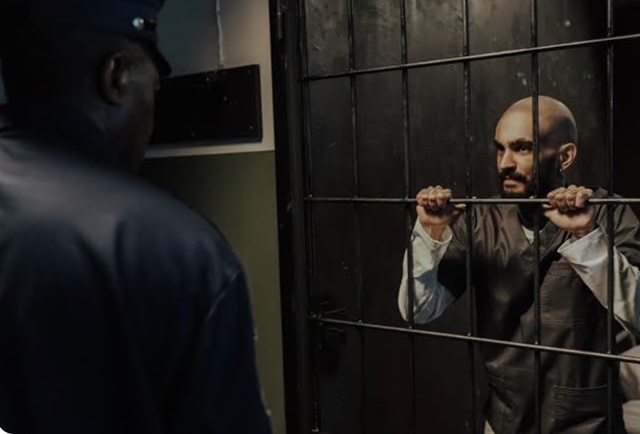In criminal matters, amparo is a legal remedy that allows a person to defend themselves against acts considered to violate their fundamental rights, particularly when such acts come from authorities acting outside the law. Amparo is not an action against the crime itself, but rather against certain acts deemed illegal or unconstitutional within a criminal proceeding. The situations in which amparo applies are diverse, but generally include the following:
Violation of the right to defense:
When a person does not have adequate access to a lawyer during the criminal process.
If they are denied the right to legal assistance or to be informed of the charges against them.
Illegal or arbitrary detention:
If a person is detained without a court order when there is no flagrante delicto or sufficient grounds to justify the arrest.
When detention is carried out without due procedural diligence, such as an arrest warrant that is invalid.
Unjustified deprivation of liberty:
If detention or pretrial imprisonment is extended beyond the time limits established by law.
When preventive detention is imposed without sufficient justification.
Violation of the right to personal liberty:
If a person is subjected to torture, cruel, inhuman, or degrading treatment during detention or the criminal process.
Procedural acts that violate fundamental rights:
When procedural acts are carried out without respecting due process, such as lack of proper notification, omission of hearings, or irregularities in the evidence presented.
When rights related to the presumption of innocence or impartiality in trial are violated.
Sentences or rulings that violate fundamental rights:
If a person believes the ruling in their case violates their rights, whether by an unjust conviction, excessive penalties, or lack of reasoning in the judicial decision.
When preventive detention is imposed without adequate legal grounds.
Misconduct by the Public Prosecutor:
If the Public Prosecutor acts improperly or in excess, such as in cases of abuse of power, or when charges are brought without sufficient evidence.
Violation of the presumption of innocence:
When procedural acts undermine the presumption of innocence, such as premature convictions or public statements prejudging a person’s guilt.
Persecution for illegal reasons:
When a person is prosecuted or persecuted for political, religious, racial, or other prohibited reasons.
A criminal amparo may be filed before federal courts or higher courts in cases of violations of individual guarantees. In Mexico, for example, the juicio de amparo is a constitutional control mechanism used to protect human rights, including procedural and defense rights of individuals involved in criminal proceedings.
It is important to note that amparo is not a means to question the substance of the crime itself (that is, whether a person committed a crime or not), but rather focuses on the legality of procedures, decisions, and procedural guarantees within the criminal process.
